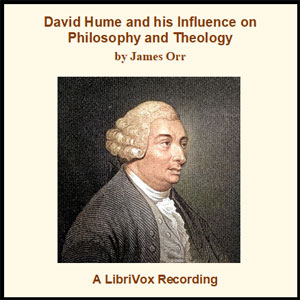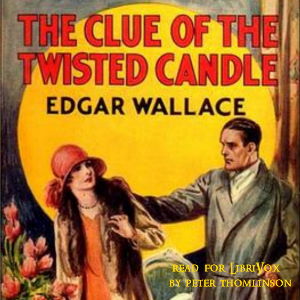Description
By: BS Murthy
The spiritual ethos and the philosophical outlook that the Bhagvad – Gita postulates paves
the way for the liberation of man, who, as Rousseau said, ‘being born free, is everywhere in
chains’. But equally it is a mirror of human psychology, which enables man to discern his
debilities for appropriate redressal. All the same, the boon of an oral tradition that kept it alive
for over two millennia became its bane with the proliferation of interpolations therein.
Besides muddying its pristine philosophy, these insertions affect the sequential conformity
and structural economy of the grand discourse. What is worse, to the chagrin of the majority
of the Hindus, some of these legitimize the inimical caste system while upholding the priestly
perks and prejudices.
This rendition seeks to restore to the Gita, its original character by ridding it of hundred and
ten interpolations, which tend to keep the skeptics away from it. And ironically these muddle
the understanding of the adherents as well. In the theatre of man as nothing surpasses the
drama of war, the stage for unveiling the Gita’s unrivalled philosophy was set on the
battleground of Kurukshetra at the threshold of the battle of Mahabharata.
Awe Unfounded
The Bhagvad Gita, popularly known as Gita, with its twin tracks of spiritual ethos and
philosophical outlook, helps man commute to the destination of human excellence on the
broad gauge of life. The unsurpassed art of living that the Gita expostulates, paves the way for
5
the ‘liberation of man’ and that’s what makes the Gita, which probably is around for over two
millennia now, the treatise of self-help.
Nonetheless, all along, its spiritual track has come to acquire primacy what with its
protagonists being the religiously inclined men and women for most part. Even Mahatma
Gandhi, the most famous and ardent advocate of Gita of our times, was eloquent about the
spiritual solace that it afforded him. Needless to say, the innumerable commentaries on the
Gita that appear in print or get voiced in discourses invariably come from people with religiospiritual
orientation.











